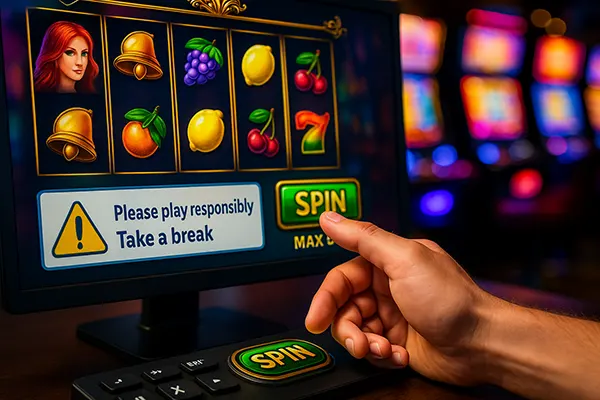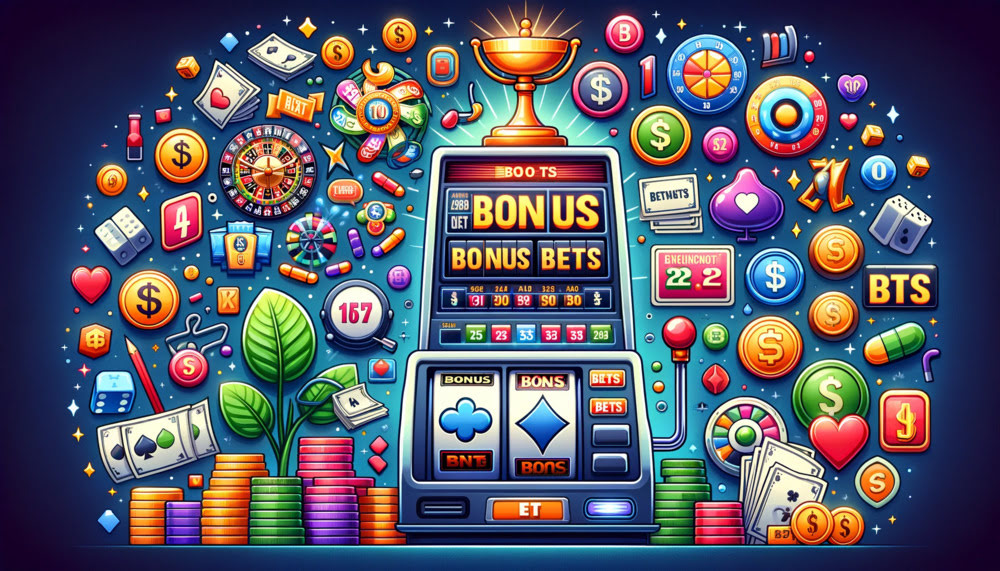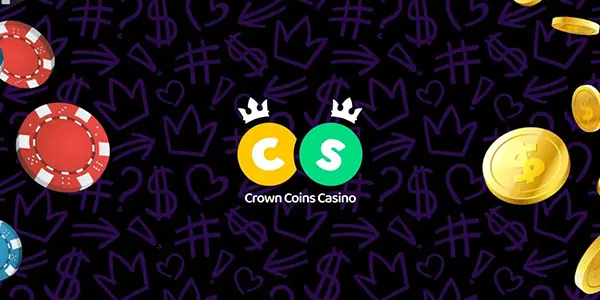Responsible Play in Online Slots: Real Examples and Why It’s More Than Just a Phrase

Responsible play has become a vital part of modern online slot gaming, evolving far beyond a simple statement at the bottom of a website. By 2025, most licensed casino operators and software developers are integrating innovative tools and features that empower players to maintain control, stay aware of their gaming habits, and enjoy the experience safely. This article explores how responsible play works in practice, which brands lead the way, and how players can recognise when entertainment turns into risk.
Modern Tools Supporting Responsible Play
Today’s online slot systems incorporate several layers of protection. The most common are deposit limits, session reminders, and temporary self-exclusion options. These features ensure that players can set personal boundaries and receive regular notifications about their spending or time spent playing. By 2025, these tools have become mandatory under most European gaming authorities, including the Danish Gambling Authority and the UK Gambling Commission.
In addition to traditional limits, new analytics-based features have been introduced. For example, real-time behavioural tracking now helps identify signs of excessive gambling, such as increased frequency of deposits or unusually long play sessions. When these patterns appear, users receive personalised alerts encouraging them to pause or seek professional advice.
Major developers such as NetEnt, Playtech, and Microgaming have also built responsible gaming prompts directly into their interfaces. They now offer reality checks every 30–60 minutes of play, optional game time reports, and a “take a break” button that immediately stops all activity for a set period. These small adjustments make a significant difference in promoting safe play habits.
Real Examples from the Industry in 2025
In 2025, Kindred Group’s “Player Safety Early Detection System” continues to be one of the most advanced examples. It analyses behavioural data to detect early signs of problematic play and automatically intervenes through messages or temporary restrictions. Similarly, Flutter Entertainment has upgraded its “Play Well” framework, offering a personalised risk score visible in each player’s account dashboard.
Operators like LeoVegas and Mr Green have enhanced transparency by integrating detailed session statistics into player profiles. These include real-time data on play duration, total bets, and win/loss ratios. The goal is not to discourage play but to provide awareness that leads to healthier gaming habits.
Game developers are also contributing. Evolution and Pragmatic Play, for instance, introduced visual cues in live and slot games that notify users when they reach pre-set limits. This approach combines engaging gameplay with genuine safety measures, showing that responsibility and entertainment can coexist.
Recognising Risky Behaviour
One of the biggest challenges for players is identifying when gaming stops being entertainment. Responsible gambling organisations, such as GamCare and BeGambleAware, outline key warning signs. These include chasing losses, hiding spending from others, or feeling anxious when not playing. Recognising these patterns early can help avoid serious harm.
In 2025, most casino operators use automated systems that flag such behaviour and offer immediate help options. For instance, players may receive a direct link to counselling services or suggestions to activate cooling-off periods. These interventions are based on behavioural science, aiming to balance player autonomy with protection.
Experts recommend setting clear budgets before playing and treating slot sessions as paid entertainment, not as a source of income. If emotions like frustration or urgency appear, it’s a strong signal to step back. A healthy mindset is the foundation of responsible gaming, and awareness remains the player’s best tool.
Practical Advice for Players
Always use the built-in responsible gaming settings available in your account. Set daily, weekly, or monthly limits for deposits, losses, and time. Reviewing your gaming history can help identify whether the frequency or intensity of play has changed over time.
Take advantage of “reality check” pop-ups and don’t ignore them. These reminders exist for a reason—they provide an opportunity to reassess your focus and emotions during play. In many jurisdictions, failing to acknowledge these pop-ups pauses the game until the user confirms awareness.
If you feel that playing slots begins to impact your mood, relationships, or finances, seek professional support. In Denmark, Spillemyndigheden offers direct access to StopSpillet.dk, a national helpline. In the UK, similar services are provided by GambleAware and GamStop. These organisations operate confidentially and free of charge.

Industry Commitment to Safer Gaming
By 2025, responsible gaming has become an integral part of every reputable casino’s public policy. Licensing bodies demand transparent reporting of player protection measures, and non-compliance may lead to penalties or suspension. This accountability ensures that operators continually improve their systems and user education.
Collaborations between developers and regulators have also become stronger. For example, Playtech’s “Sustainable Success” initiative now trains casino staff to recognise early warning signs in player data. Similarly, Microgaming continues to fund research on player psychology and game design ethics to reduce potential harm.
Another trend is the inclusion of responsible gaming certifications on review websites. Many iGaming review pages now include a dedicated section or tag labelled “Responsible Play,” which highlights operators with the best safety standards. This approach not only builds user trust but also raises awareness across the entire industry.
The Future of Responsible Play
Looking ahead, AI-driven monitoring tools will play an even larger role. These systems will adapt to individual behaviour, offering personalised advice instead of general reminders. Such innovations are expected to make self-regulation easier and more effective.
Regulators are also investing in transparency. The European Gaming and Betting Association (EGBA) has introduced a shared data framework that allows member operators to exchange anonymised risk indicators, helping prevent excessive gambling across multiple accounts or brands.
Ultimately, responsible play is about balance, awareness, and shared responsibility between players, developers, and regulators. It’s not just a checkbox on a compliance list—it’s a cultural shift towards sustainable and ethical entertainment in online gaming.
Popular articles
-
 Bonus bets in slot machines
Bonus bets in slot machinesBonus bets in slot machines offer players an exciting opportunity to enhance …
-
 Online casino bonus hunters
Online casino bonus huntersRecently, bonus hunting in online casinos is becoming less and less common. …
-
 Crown Coins Casino – a new operator with e...
Crown Coins Casino – a new operator with e...Crown Coins Casino has quickly positioned itself as a promising operator in …
